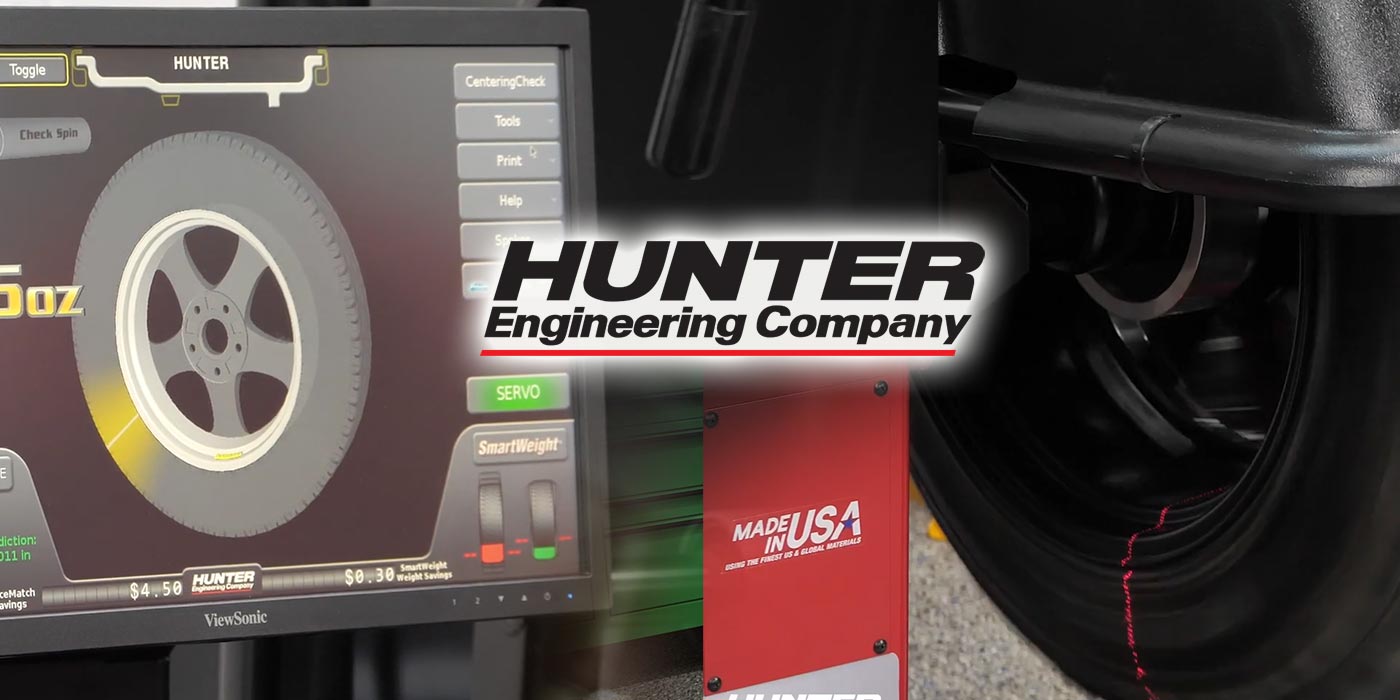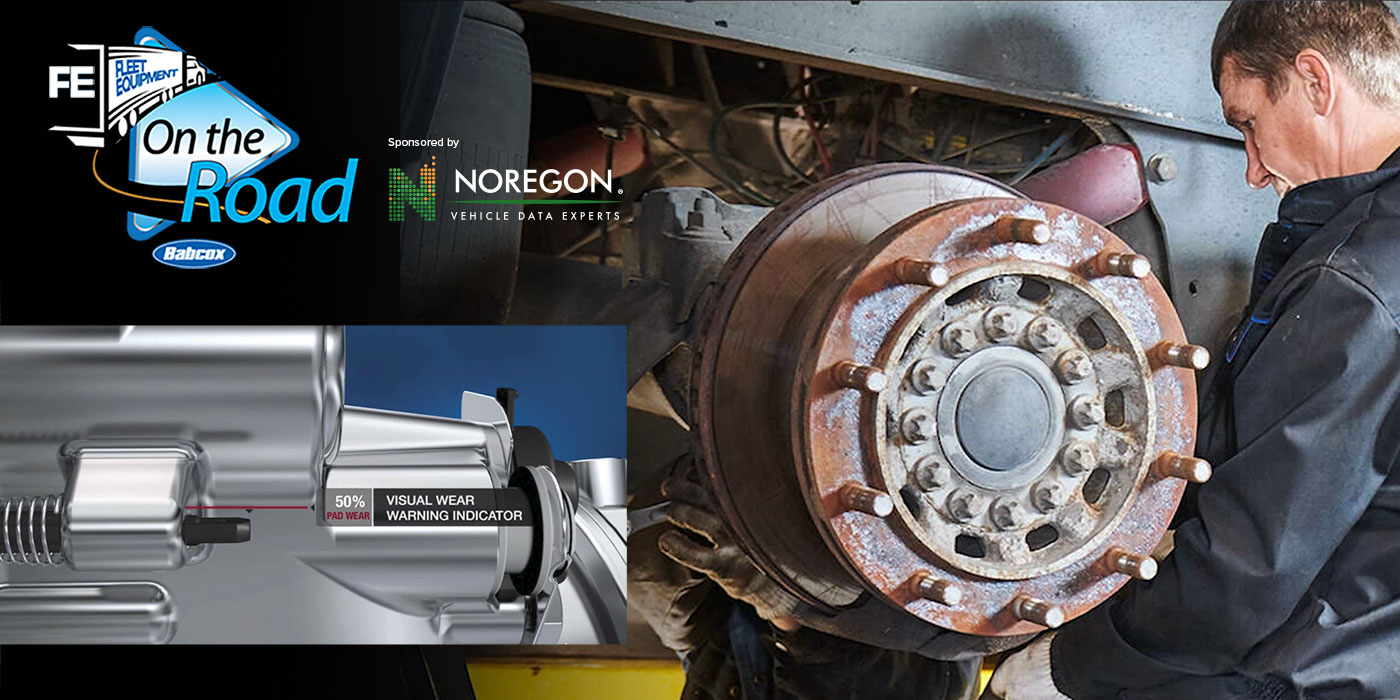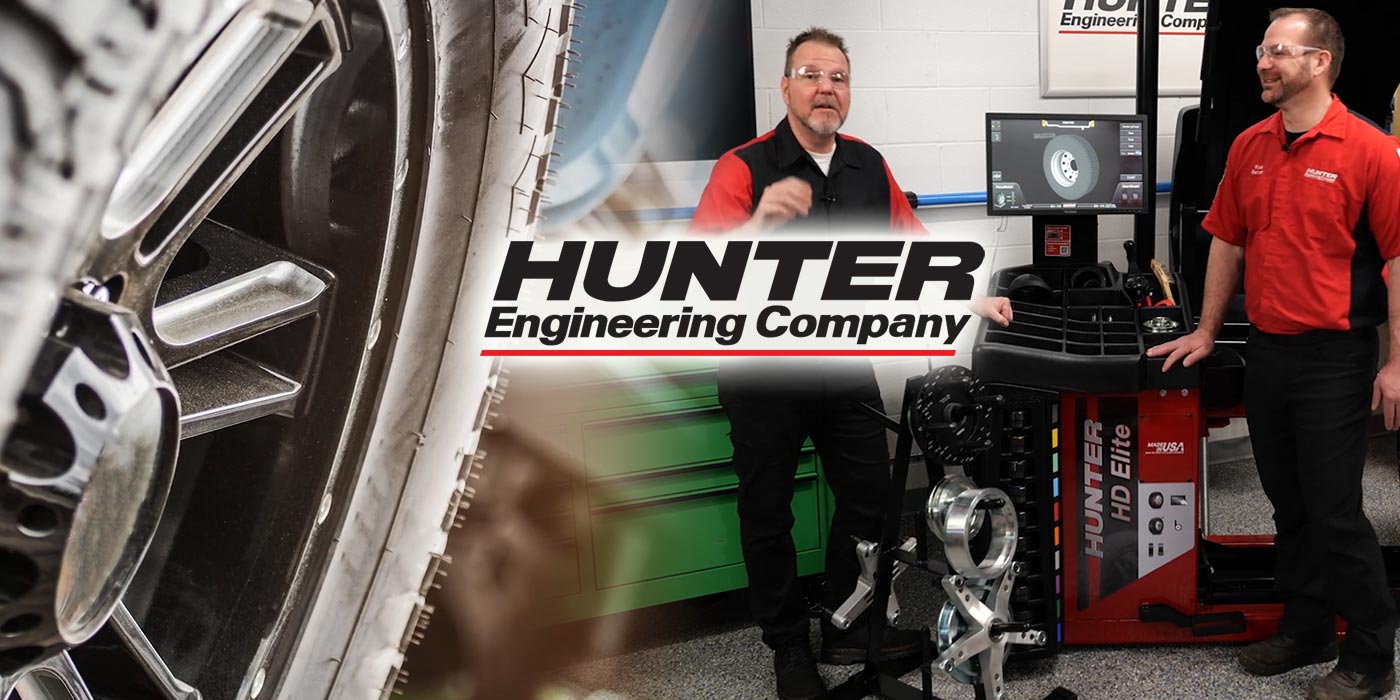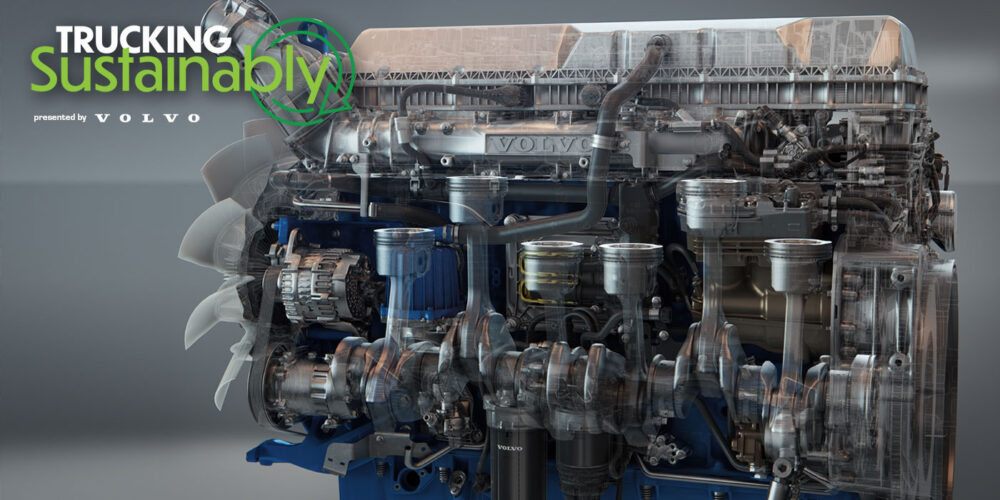This week we’re on the road again, as Mack Defense recently invited us out to experience the delivery of the first production M917A3 Heavy Dump Trucks, or HDTs, to the U.S. Army and the U.S. Army Reserve. They were the first to roll off the company’s new production line at the Mack Experience Center in Allentown, Pa.
Click here to watch more of FE’s On the Road video series.
Here is a transcript of the video:
Mack should feel right at home producing vehicles for the Army, because the company’s trademark bulldog nickname was earned in 1917 during World War I. Mack delivered several thousand trucks in Europe at that time, and the British soldiers, when facing daunting terrain, would yell to “Send in the Mack Bulldogs” because of the trucks’ blunt-nosed hood and reputation for durability. It reminded them of their country’s mascot, the British Bulldog.
These new HDTs are a big deal for both the Army and for Mack, as these HDTs are actually the first new Heavy Tactical Wheeled Vehicles the U.S. Army has added to its portfolio in 12 years. In fact, according to Army officials during the event, the Army’s current dump truck fleet includes some variants that are nearly 50 years old, so these trucks are quite a welcome addition to the fleet.
Now, these HDTs are based on the commercially available, vocational Mack Granite model. The Army says it plans to use these dump trucks in its engineer units, and they will be key in construction and maintenance missions for infrastructure assets both at home and abroad. We’re talking roadways, airfields, landing strips, supply facilities, motor pools, things like that.
The 94,500 lb. GVWR HDTs feature an all-wheel-drive 8×8 configuration – and again these are based on the Mack Granite model. To meet the Army’s payload and mobility requirements, Mack Defense says its engineers had to increase the suspension’s ride height. An armored cab was also engineered, utilizing all the comfort features and amenities of a commercial truck, while adding force protection to help keep any occupants safe in hostile environments.
Talking power, these HDTs are powered by 13-liter Mack MP8 engines, delivering 440 HP and 1,660 lb.-ft. of torque. The vehicle has a 27-ton payload without armor installed and a 22.5-ton payload when fully armored.
Mack Defense says these HDTs purpose-built for the Army are somewhere in the neighborhood of being 75-80% a standard Mack Granite model, but with enhancements made to cater to military-unique requirements like off-road capabilities and enhanced survivability. On the HDTs, you’ll find engineers added heavy-duty rear axles, all-wheel drive and increased ride height suspension.
Duty cycle requirements coming from the Army were an easy target for Mack to meet, and it makes sense when you think about how a truck like the Granite is used in commercial settings versus how the Army likely intends to use the HDTs.
Production of the HDTs at the Mack Experience Center began in the first quarter of 2021, following an investment of $6.5 million to create a dedicated HDT production line at the facility. The new production line helps fulfill the HDT contract with the U.S. Army, and Mack Defense expects the production line to produce around a truck a day for the foreseeable future.
Mack Defense also partnered with two-and-a-half dozen suppliers to help put this vehicle together. The company went to Crysteel to couple the HDT’s dump body with Crysteel’s material control system tailgate. Michelin supplies the tires, which are Michelin XZY3 wide base tires. Meritor Defense was tapped for the front and rear axles, brake systems, transfer case and driveshafts. Hendrickson supplies the rear suspension system, and JWF Defense fabricates the armored cab plus over 30 other parts, sub-assemblies and Chemical Agent Resistant Coating painting expertise used on each model.













